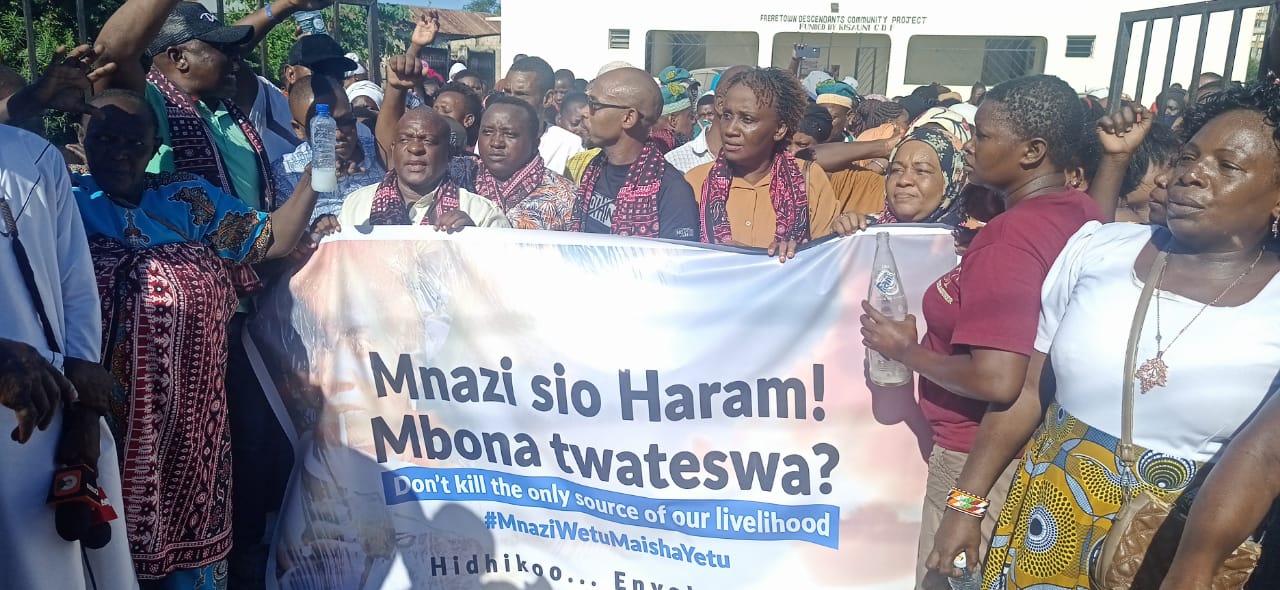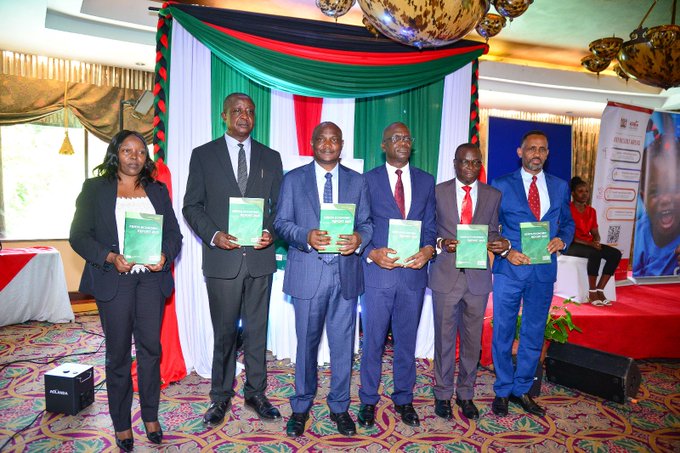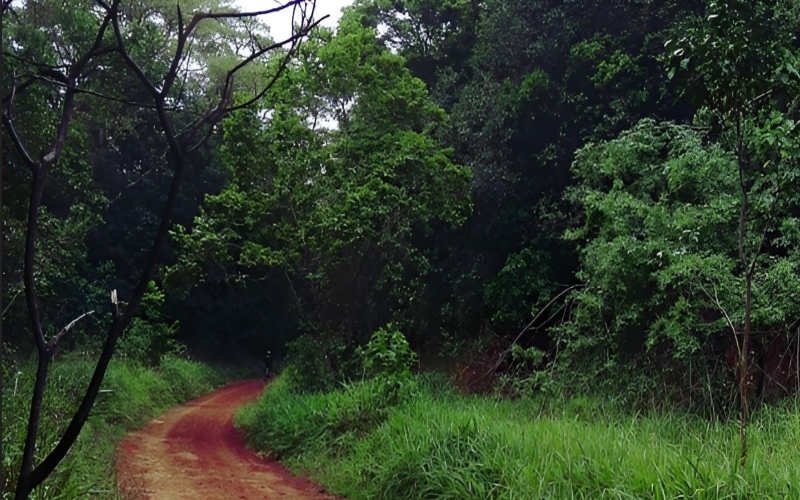Illicit brew crackdown: Push for state to recognise mnazi intensifies

National Assembly Deputy Majority Leader Owen Baya wants mnazi, or palm wine, guievn the same recongition that miraa and muguka enjoy.
Lawmaker Owen Baya has joined the push for the government to recognise mnazi, a traditional alcoholic beverage known as palm wine, saying it is an important source of income for many.
In a letter to the Interior ministry, copied to the Coast regional commissioner, the National Assembly deputy majority leader urges the same consideration for mnazi as has been given to miraa and muguka, as its producers and sellers rely on it for their livelihoods.
More To Read
- New Bill seeks to grant Kenyan citizenship to stateless persons after 7 years of residence
- Kilifi North MP Owen Baya blames KPLC for worsening water crisis, demands urgent action
- State rejects Gachagua's "reckless" claims of government involvement in illicit liquor
- Kilifi North MP launches 10-day campaign against muguka addiction
- Coast MPs urge CS Linturi to back amendment declaring muguka a narcotic
- Kilifi North MP promises to address plight of police officers after viral plea
“I write to bring to your attention that for more than 20 years, palm wine sellers and producers in the Coast region have been doing their businesses peacefully. However, the recent war on illicit liquor, drugs and alcoholism, declared by the national government, is affecting their livelihoods,” Baya, who is the Kilifi North MP, stated.
The legislator further expressed worry over the reported harassment of mnazi traders by police officers and other authorities conducting the operation.
“Under the Alcoholic Drinks Control Act, 2010, mnazi does not fall under the category of illegal liquor; it is a religious and cultural drink that is enjoyed not only by the people of the Coast region but also by tourists. Mnazi is not an illicit drink,” he noted.
MP Baya noted the significance of culture as the bedrock of Kenya's nationhood and civilisation, cautioning against any erosion of indigenous distinctiveness by the government.
He asserted that the crackdown on mnazi amounts to economic sabotage and that the government should instead focus on empowering farmers.
“It goes without saying that muguka/ miraa, which is a classified drug, is treated specially by the government and even has a specific trade day. I hereby request that we have the same done with mnazi and that we allow the producers and sellers of the drink to expand their market to other parts of the country since it is their source of livelihood,” he said.
Additionally, Baya suggested involving stakeholders and the public to bolster trade exchanges for the region's benefit.
In late March, mnazi vendors and Mombasa County ward representatives voiced their grievances against alleged government harassment during the crackdown there.
As the government escalates its campaign against illegal alcohol and substance abuse across the nation, a group of MCAs, palm wine vendors and stakeholders have joined forces in pushing for the government's formal recognition of mnazi, saying it is not an illicit drink.
In Kwale County, mnazi traders earlier asked the government for more time to reapply for licences, saying the one week given was insufficient, yet they risk arrest and charges in court.
In Kilifi County, residents are opposing the ongoing enforcement actions targeting mnazi, arguing that it is a natural and culturally significant beverage, not illegal alcohol.
Top Stories Today











































